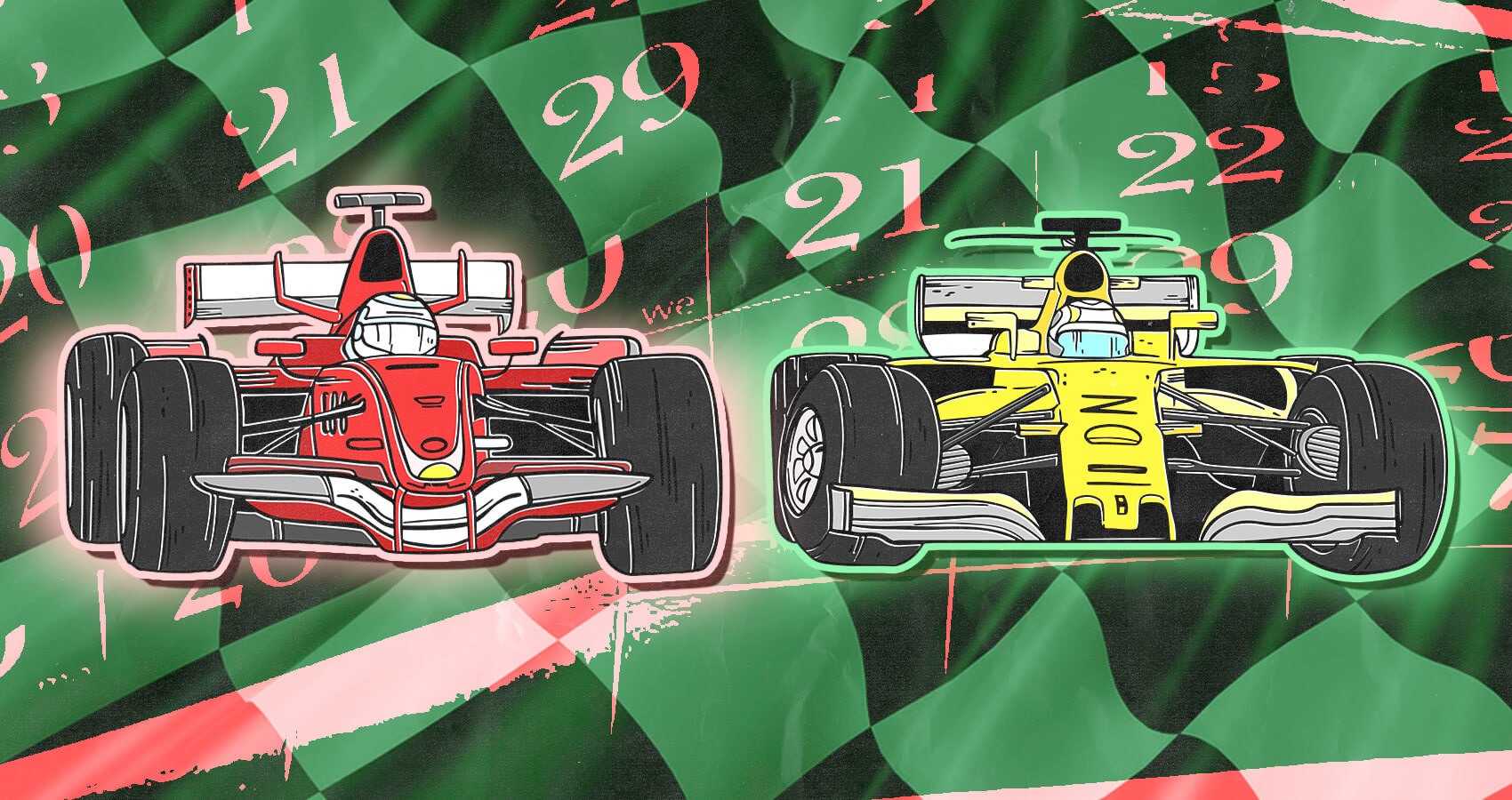
The Beginner's Guide To The F1 Calendar
Your essential guide to the 2024 Formula 1 season.
As we approach the start of the 2024 Formula 1 season, our introductory manual offers a comprehensive overview of this year's F1 schedule, along with tracing its evolution from the sport's inception over 70 years ago.
When does the 2024 F1 season start?
In 2024, the Formula 1 season kicks off in Sakhir, Bahrain, on March 2 with the Bahrain Grand Prix. Then, it moves to Jeddah, Saudi Arabia, for the Saudi Arabian Grand Prix on March 9. These races are special because they'll be held on a Saturday instead of the usual Sunday due to Ramadan.

As a result of this adjustment, all activities will be shifted one day earlier than their typical schedule. Consequently, the initial two practice sessions, FP1 and FP2, will occur on Thursday, followed by the final practice session, FP3, and qualifying on Friday, with the Grand Prix race taking place on Saturday. Additionally, preceding the commencement of the season, there will be pre-season testing sessions held at the Bahrain International Circuit from February 21 to 23. It's worth noting that these changes might impact online bet on https://india.1xbet.com, as they need to adjust their strategies accordingly to accommodate the new timing of events.
When does the 2024 F1 season finish?
The 2024 Formula 1 season ends with the Abu Dhabi Grand Prix at Yas Marina Circuit on December 8th.
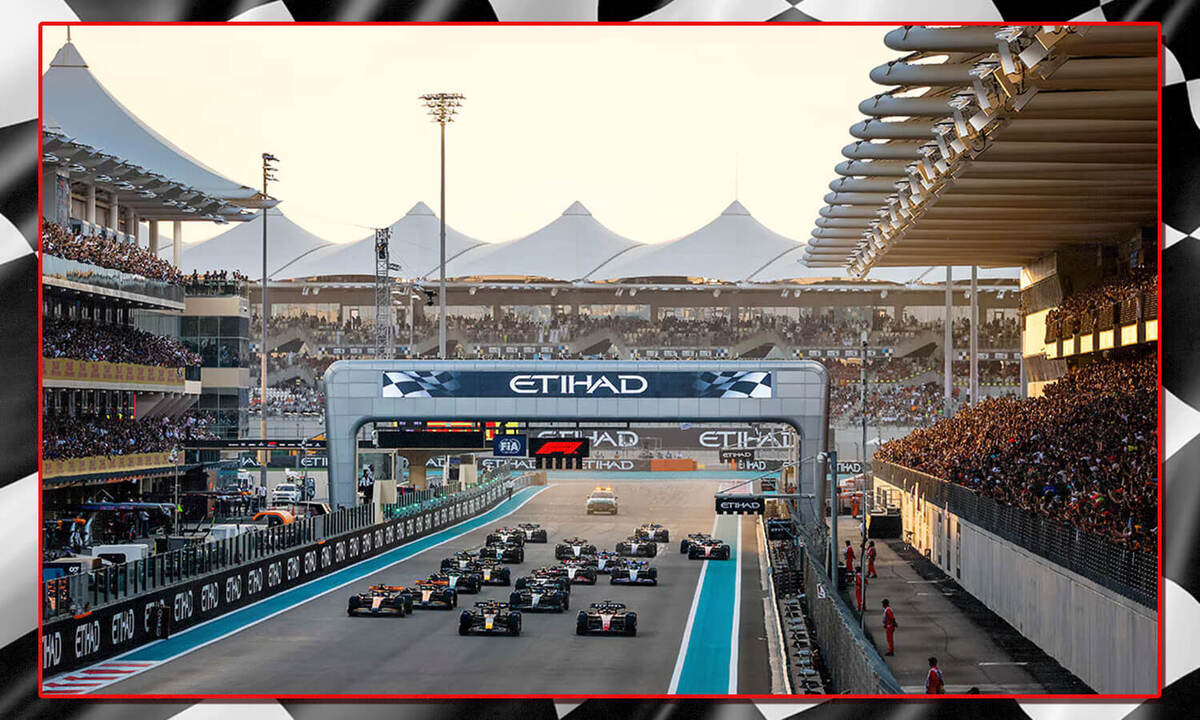
How many races are on the 2024 F1 calendar?
The 2024 Formula 1 calendar will have the highest number of Grand Prix events ever, with 24 races scheduled to happen all around the world this season.
How does the 2024 calendar compare to F1’s first championship season?
Today's Formula 1 calendar looks very different from the one set for the inaugural world championship in 1950. Back then, there were only seven races, mostly in Europe, running from May to September. The exception was the Indianapolis 500 in the US, which most regular F1 drivers didn't compete in.
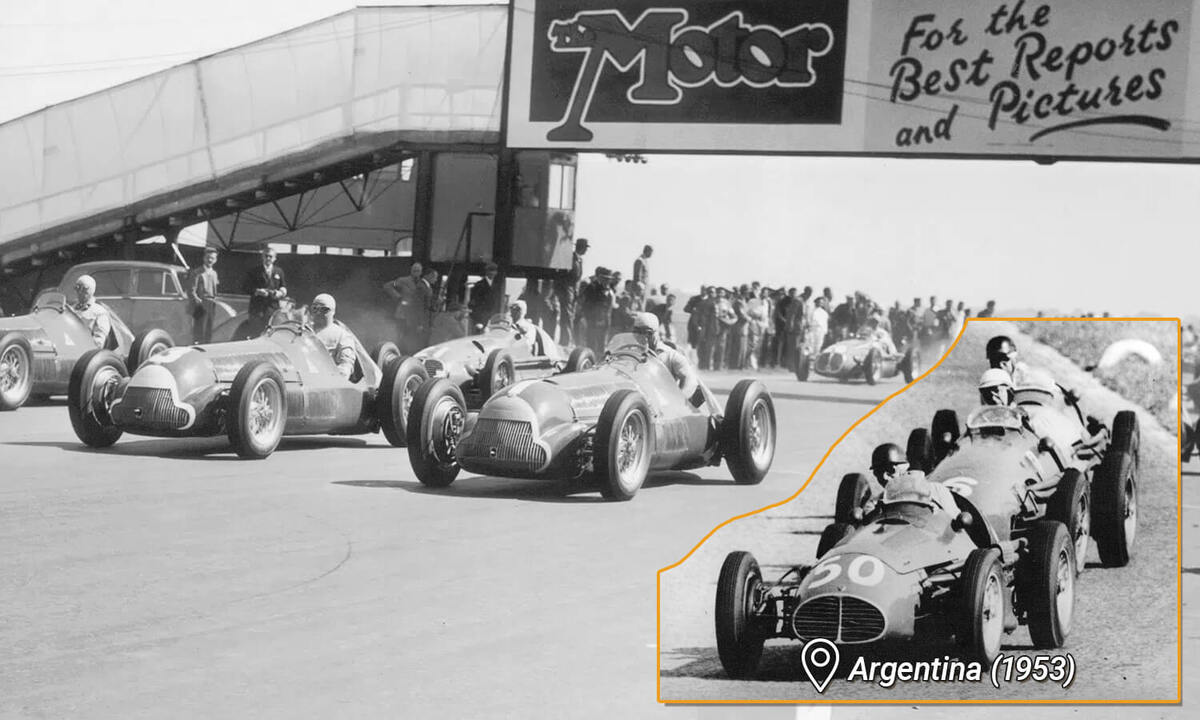
As Formula 1 grew, new European tracks were added, and the first overseas race was held in Argentina in 1953. Since then, the sport has expanded to North America, Asia, the Middle East, Australia, and even Africa has hosted races.
Among the original 1950 venues, Silverstone, Monaco, Spa-Francorchamps, and Monza are still part of the calendar, although they've undergone significant changes to their track layouts and safety measures over the years.
Should I book my F1 trip well in advance?
Absolutely! Thanks in part to the immensely popular Netflix series 'Drive to Survive,' interest in Formula 1 is at an all-time high. With many people spending more time at home during the pandemic, both long-time fans and newcomers are eager to attend live events and experience the excitement firsthand. As a result, the most sought-after races are selling out well in advance, and tickets are being released earlier than ever before. To avoid paying inflated prices on the secondary market, we recommend purchasing your tickets as soon as possible. Tickets for most of the scheduled races in the 2023 F1 season, starting in Bahrain on March 2 and ending in Abu Dhabi on December 8, are already available for purchase.

Which race should I attend?
Whether or not attending your first Formula 1 race is a good idea depends on various factors and what matters most to you. To simplify your first F1 experience and potentially save money, it's often wise to consider attending a race in your home country or a nearby one.
In the 2024 season, there's a diverse range of circuits to choose from. You can opt for historic circuits set in picturesque rural areas like Austria and Belgium, or enjoy the atmosphere of city park circuits in places like Australia, Canada, Italy, and Mexico City. For those seeking a different vibe, there are city center street circuits featuring nighttime racing, such as Singapore and Las Vegas.
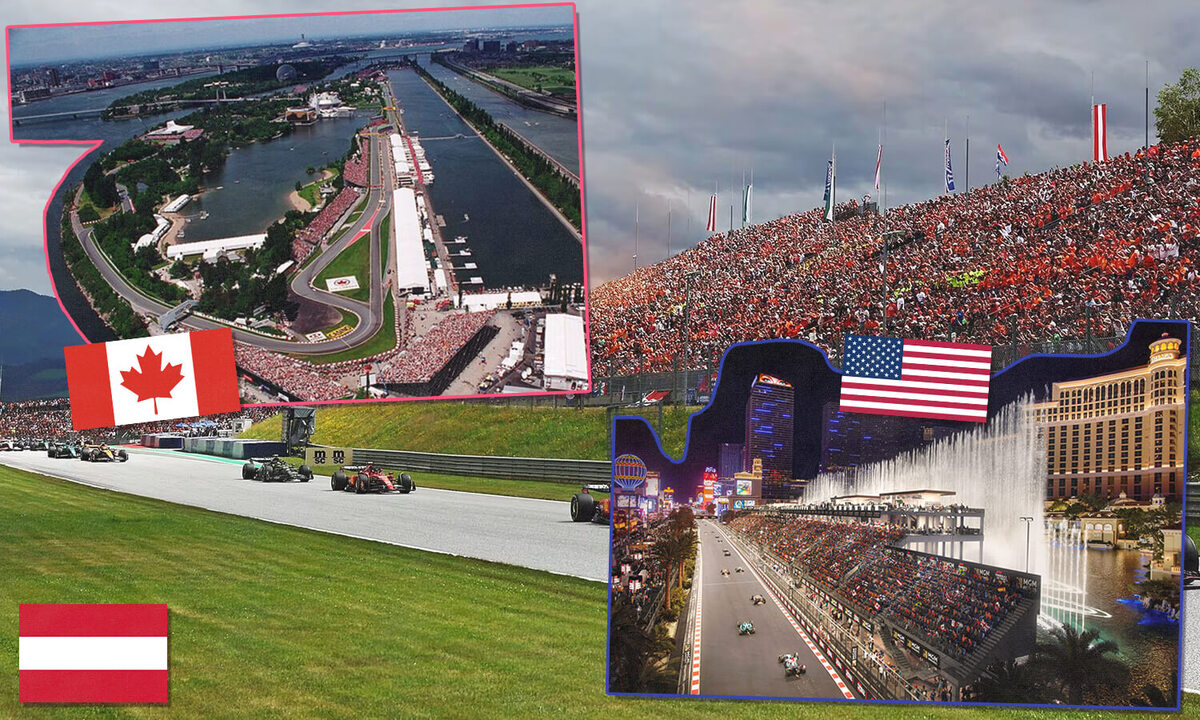
You might also be interested in attending races with big-name concerts, or experiencing the excitement of F1 sprint race weekends offered at six of the events. Additionally, you could plan your race attendance as part of a longer holiday.
Take a look at the full 24-race Formula 1 calendar for 2024 and explore our guides and resources to help you decide which race suits you best and to assist you in planning your trip.
How much does it cost to attend an F1 race?
Watching Formula 1 races can be a bit pricey, especially lately because more people want to go. This means things like plane tickets and places to stay are getting more expensive too. In 2023, going to races in the USA, like Miami, Austin, and Las Vegas, was really expensive. But there are still some affordable options, especially in Europe. Some places there offer tickets for just $150 or less for all three days, and camping near the track can also be cheap.
Even if you have to travel to another country for a race, it might still end up being cheaper than going to one in your own country. For example, British fans might find it cheaper to go to a race in Europe instead of one in the UK. The same goes for American fans going to Canada or Mexico.
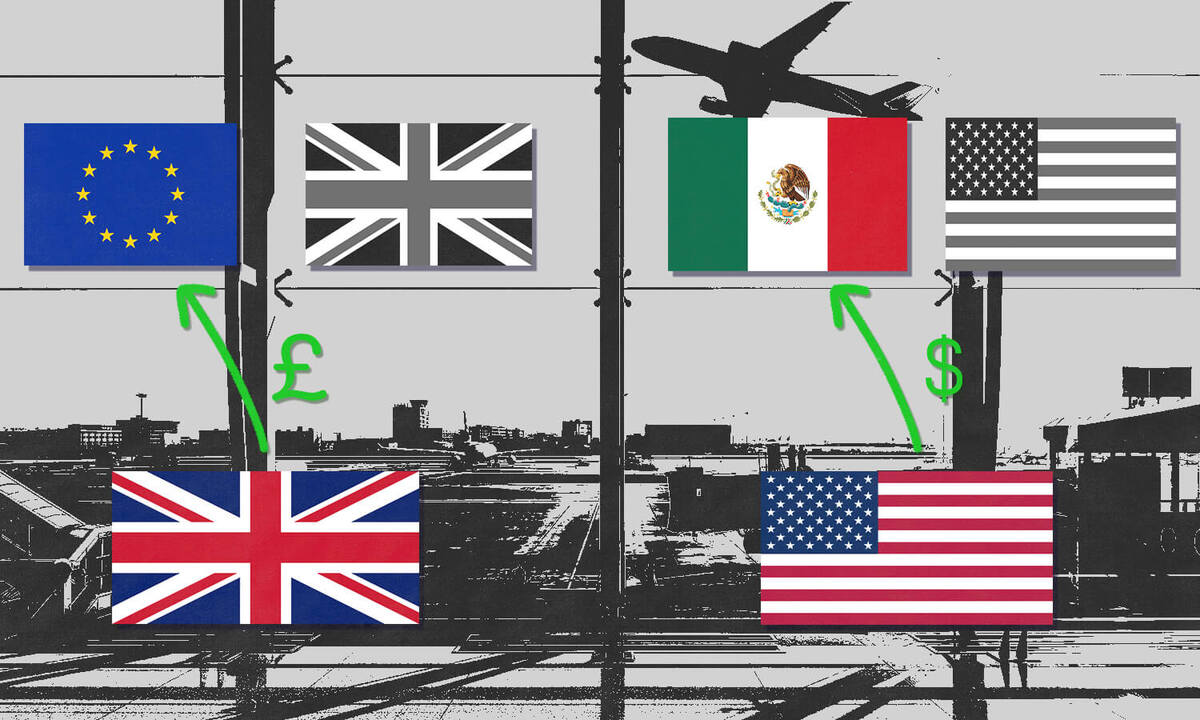
It's a good idea to plan ahead and book everything early. Tickets are often cheaper when they first go on sale, and you'll have more choices for where to stay and how to get there. On average, it might cost about $500 to $1000 for everything for a whole race weekend, not counting travel expenses. But it can be more expensive, especially if you want fancy seats or special hospitality experiences. You can find more details about the costs of each race in our budget planner guides.











